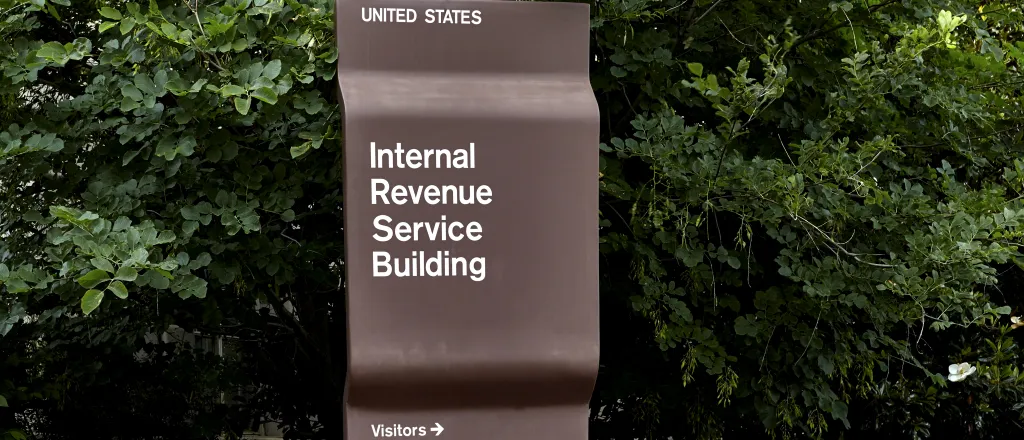
Arizona officials tell IRS to back off from taxing state rebate
(The Center Square) – Arizona Attorney General Kris Mayes and Senate President Warren Petersen are asking the Internal Revenue Service not to tax a rebate that went out last year to roughly 700,000 Arizona families.
Some Arizona families received a state tax rebate in the fall, which maxed out at $750 per family. Families got $250 for each dependent under 17 and $100 each for dependent adults. The IRS has decided to tax it as miscellaneous income.
In her letter to IRS Commissioner Daniel Werfel, Mayes referred to the decision as "highly arbitrary" and said it does not match other IRS decisions related to similar policies in other states.

"The IRS should act promptly to reverse this decision and provide clear guidance to Arizona taxpayers as tax season nears," Mayes said in a statement.
The Democrat added that the state may consider legal action against the federal government if the IRS stays the course.
"If they do not, my office is prepared to examine all legal avenues to ensure these dollars stay in the pockets of Arizona taxpayers," she said.
Petersen, a Republican, took a similar critical tone toward the IRS in his own letter. He argued that because it was signed under the technical federal COVID-19 emergency in May 2023 and may meet "General Welfare Exclusion" standards, it should be exempt from a federal tax.
"This is a matter of great importance to the more than 700,000 families that have received the rebate. A reversal of the IRS determination would provide great relief to those families and would ensure consistency in how the IRS has treated pandemic-era relief payments," Petersen wrote.
As the decision is still in place, 1099-MISC form will be available to Arizonans who got the rebate starting January 31, according to the Arizona Department of Revenue website.

















